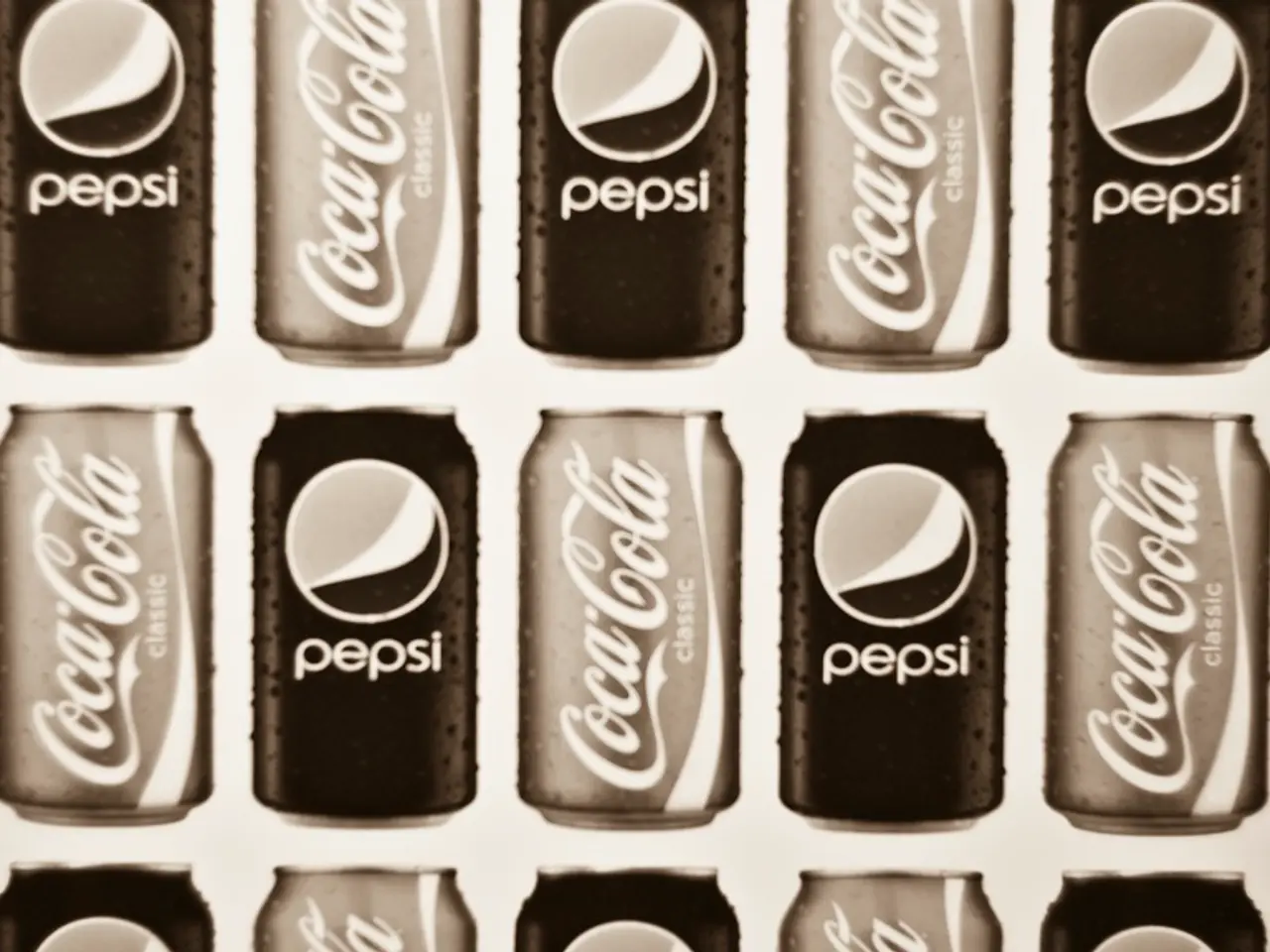US-China Trade Tensions Drive Global Chemical Industry Costs Up
US-China trade tensions have significantly impacted the global chemical industry. Satellite Chemical anticipates a 3-5% cost increase due to US tariffs on ethylene imports, while Chinese exports face substantial obstacles. Meanwhile, China's countermeasures and alternative strategies aim to mitigate these impacts.
Satellite Chemical, a leading chemical company, expects a 3-5% cost increase due to the 34% tariffs on ethylene imports from the US. However, the company anticipates offsetting benefits from domestic supply gaps and price increases. A financial analyst suggests that China's countermeasures to US tariffs may bring benefits to some chemical products by increasing domestic prices and encouraging alternative production methods like MTO (Methanol-to-Olefins).
US President Trump's tariffs on Chinese imports, currently at 145%, pose a significant obstacle for Chinese chemical exports to the US. Chinese news media claims that US scientific research will be impacted by increased prices of equipment and supplies due to these tariffs. ChemChina, however, states that US tariffs have little impact on its overseas business, which covers over 80 countries and regions.
In response to US tariff restrictions, the Chinese government and chemical industry have taken various measures to defend their interests. These include threatening countermeasures, denouncing US actions, expanding trade with non-Western partners, and leveraging alternative markets. Despite challenges, companies like Satellite Chemical and ChemChina are exploring strategies to offset tariff impacts and maintain their global presence.
Read also:
- THW Marks 75 Years of Saving Lives at Home and Abroad
- Kazakhstan's National Bank Boosts Currency Sales to $1.4 Trillion in Q4
- Duty on cotton imported into India remains unchanged, as U.S. tariffs escalate to their most severe levels yet
- Steak 'n Shake CEO's supposed poor leadership criticism sparks retaliation from Cracker Barrel, accusing him of self-interest







